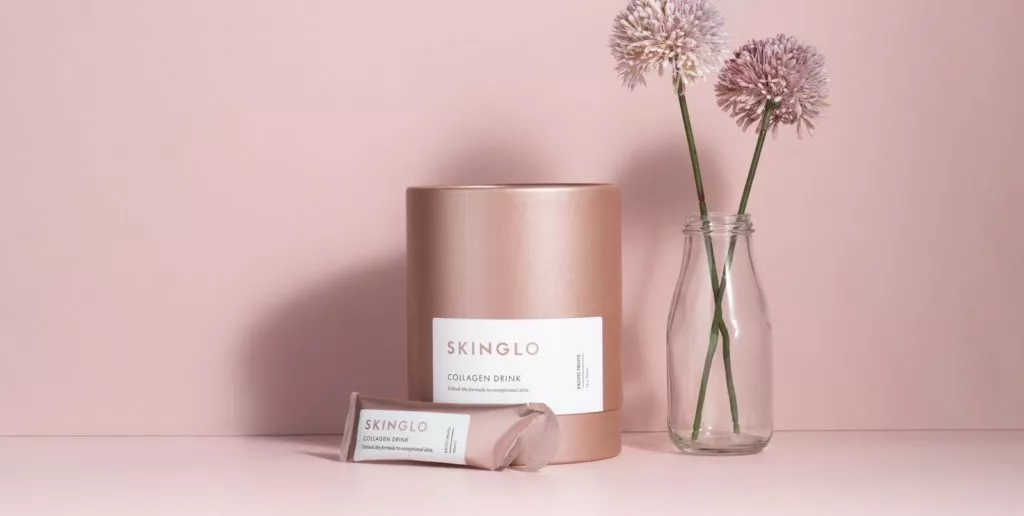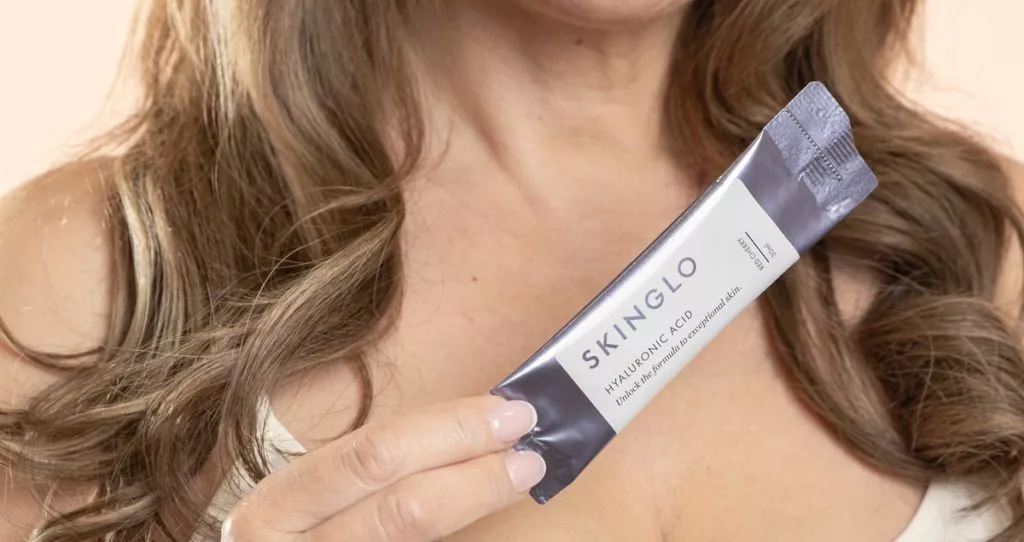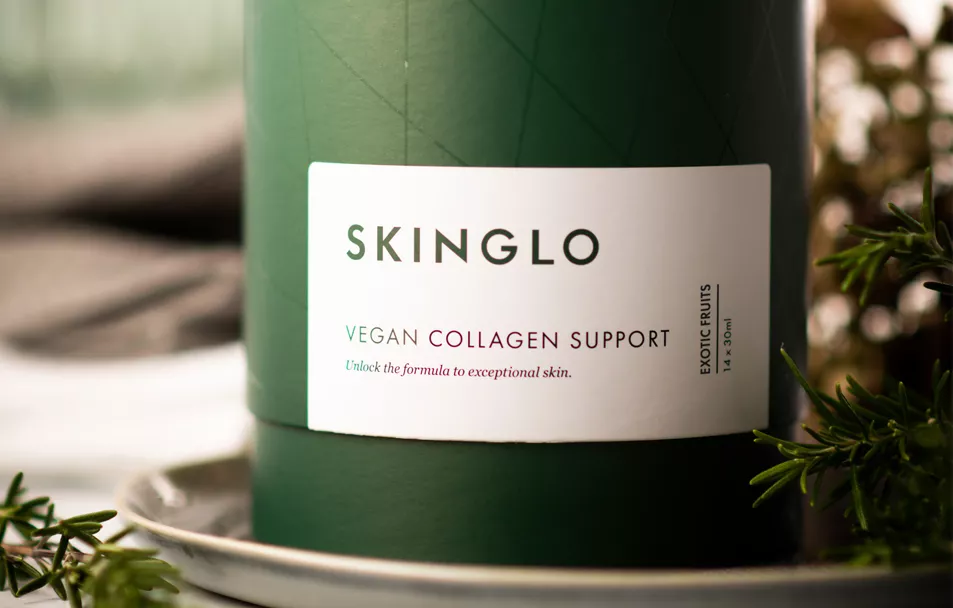Stress and skin are perhaps more linked than you might realise. Stress can be our worst enemy in many ways, and particularly when it comes to the effect it has on our body. Stress can negatively impact our hair, nails, and our skin. Here, we’ll be taking a look at the skin conditions caused by stress and if there’s anything we can do about them.
What’s the Link Between Stress and Skin?
As human beings, we face stress almost every day. Stress actually causes a chemical response in our body and it’s this that makes skin more sensitive and reactive. On top of this, skin conditions caused by stress can also take longer to heal if we’re still experiencing regular stressful episodes.
The relationship between stress and skin is a very close one, but shows itself in various ways. When we’re stressed, we produce stress hormones that result in excess oil production, which may cause stress acne. On the other hand, stress can cause inflammation that can be seen in dry skin conditions like eczema.
According to an article by Bupa, stress can also cause existing skin conditions to flare up, while consistent episodes of stress stop our immune system from working properly so it can take far longer for stress acne, dry skin conditions, or inflammation to go away.
Skin Conditions Caused by Stress
Now that we understand that stress creates hormones and inflammation in our bodies, we’ll take a look at which skin conditions caused by stress are the most common.
1. Stress Acne
As we touched on earlier, stress acne happens because of stress hormones. This shift in hormone levels can increase activity in the sebaceous glands and more oil is then produced. This oil blocks pores and stress spots start to pop up. Stress hormones may also negatively affect your gut health which, in turn, can trigger spots. If you’re more prone to breakouts anyway, then stress may very well be a trigger for your acne.
Stress spikes adrenaline and cortisol, which often causes us to sweat more. Excessive sweating can lead us to become dehydrated and result in dry skin. Further to this, stress has been shown to create inflammation in the body. This inflammation can be one of the causes of dry skin conditions like eczema, dermatitis, or psoriasis.
2. Stress and Dry Skin
Stress spikes adrenaline and cortisol, which often causes us to sweat more. Excessive sweating can lead us to become dehydrated and result in dry skin. Further to this, stress has been shown to create inflammation in the body. This inflammation can be one of the causes of dry skin conditions like eczema, dermatitis, or psoriasis.
Stress and dry skin can be a particularly bad combination because stress can affect the function of your immune system, but having dry skin can cause you to be stressed – it’s a vicious circle.
If you’re experiencing stress and dry skin, then stay hydrated and avoid drinks like alcohol or caffeinated coffee, which can dry your skin out even more.
3. Stress and Dull Skin
Stress can restrict the blood supply to your skin, which means less oxygen is able to get to your skin. If the skin doesn’t get enough oxygen, it can start to look dull. Not to mention that when you’re feeling stressed, you’re less likely to get a good night’s sleep. Lack of sleep can lead to dark eye circles or puffy eyes, contributing to dull looking skin. Stress and dull skin may also be made worse if you’re suffering from any other other skin conditions caused by stress, such as stress acne or dry skin conditions.
What Can You Do About Stress and Skin?
In an ideal world, stopping any skin conditions caused by stress would simply mean not getting stressed in the first place. That’s not always possible, but there are some ways to reduce stress:
- Manage your time more effectively – a lack of time can be a big cause of stress. Find effective time management strategies so you know you can fit in what you need to
- Exercise regularly – exercise releases endorphins that make you feel good, and it also reduces the production of cortisol, which can cause stress acne
- Deep breaths – deep breathing oxygenates your blood, centres your body, and calms your mind. Look for some deep breathing exercises to do daily
- Throw away negative thoughts – replace negative thinking patterns with positive thoughts and try to find the good in each day. You’ll feel less stressed when things don’t go to plan
- Sleep – a good night’s sleep improves pretty much everything, including stress and skin conditions. Try to get a solid eight hours each night
Stress and Skin Care
If you’re feeling stressed, it can be easy to neglect your skin but it’s just as important – if not more so – to continue your skincare routine. Skin conditions caused by stress won’t just go away on their own. Be sure to drink plenty of water and stay on top of any cleansing and moisturising you do daily. Limit caffeine and alcohol and eat nutrient rich-foods like fruits and vegetables. You can find even more advice about caring for your skin in our guide on 5 Tips for Glowing Skin.
Caring for Your Skin with SKINGLO
As well as taking care of your skin from the outside and doing your best to reduce stress, you can also improve the look and feel of your skin from within.
Our SKINGLO Collagen Drink Rose Gold delivers the highest quality marine collagen straight to your gut. It also contains vital vitamins and nutrients to further assist your body in its collagen production and helps revitalise your skin.
Thanks to our NutriProtect technology, SKINGLO allows maximum absorption compared to other skin supplements on the market. It helps to unlock the formula for exceptional skin and has been shown to reduce inflammation in just 90 days.
When it comes to skin and stress, our collagen supplements are all about less stress and more real results. Shop the full collection of SKINGLO supplements today.








